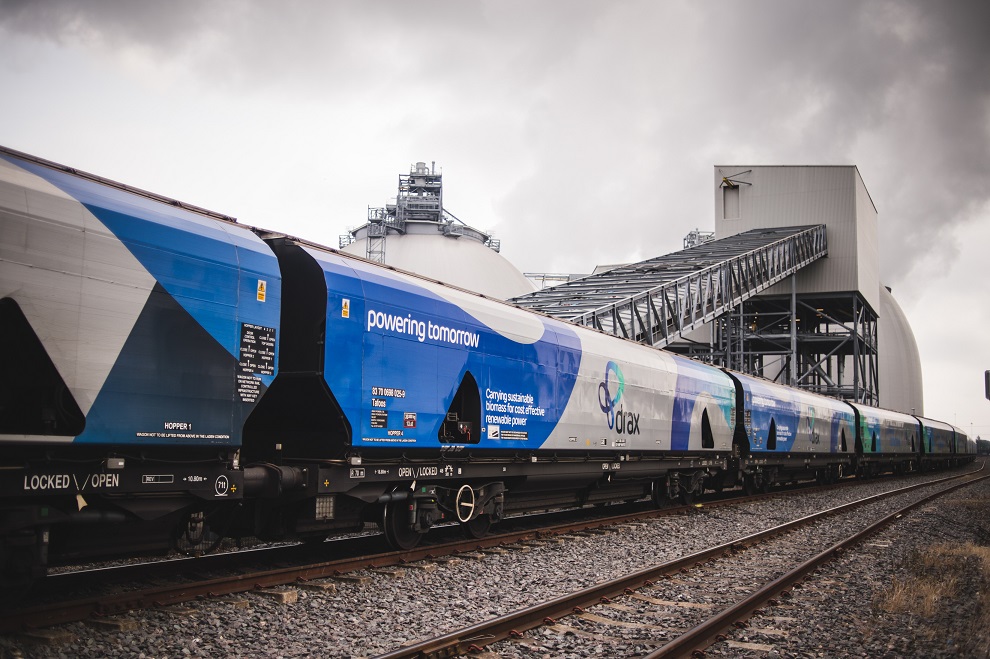Drax Power has hit back at a report which questioned the economic case for biomass, insisting the technology was the “only reliable, flexible” renewable that can be deployed at scale in the UK.
Last week the US-based Natural Resources Defense Council (NRDC) published a new report, compiled alongside economic consultancy Vivid Economics, claiming that solar and wind would quickly outpace biomass in terms of cost reductions.
The report was particularly damning of biomass’ future prospects, claiming any subsidy support for the technology would be a “poor strategic investment” and amount to “hundreds of millions of pounds” being “funnelled into a dying sector”.
But Drax Power, the owner of the UK’s largest coal-to-biomass conversion plant, has come out swinging in response.
Andy Koss, chief executive at Drax Power, noted that Drax’s biomass-powered generating units produced 16% of the UK’s renewable power in 2016 and received just 10% of the total amount of support paid to renewables.
“Biomass is the only reliable, flexible renewable power available at scale. At Drax we’re looking at ways to reduce the costs of this technology.
“The falling costs of renewables is great news, but we need a mix of energy technologies to ensure security of supply.
“Biomass is the only renewable technology which can be flexed up and down to meet demand and provide the balancing services which National Grid expects to become increasingly important as more and more intermittent renewables come on line and demand for power increases,” Koss said.
Meanwhile Drax also moved to counter concerns over the sustainable sourcing of pellets used in biomass-fired plants, a subject brought up in the House of Commons last week prior to parliament rising for conference recess.
During an oral and topical questions session with Department for Business, Energy and Industrial Strategy ministers, Conservative MP Zac Goldsmith questioned climate change minister Claire Perry over “clear evidence” issued by the former energy and climate change department that suggested biomass produced carbon emissions “at least equal to coal”.
Goldsmith, who last year resigned from his Richmond Park seat in protest over the government’s support of a fifth runway at Heathrow before controversially running again and re-winning the constituency earlier this year, urged the department to reconsider the “huge annual subsidies” set aside for “large-scale, inefficient biomass electricity generation”, pointing specifically at wood pellets from clear felling forests in the US and Canada.
Perry responded by insisting that UK wood pellet imports were “both sustainable and carbon beneficial”, and that the risk of non-sustainable practices was mitigated by the country’s “strict sustainability criteria”.
Drax too insisted that its pellets originate from sustainable managed working forests and deliver carbon savings of 68% compared to gas.
“Since the 1950s, forest stocks in the US South – from where Drax gets most of its wood – have increased by more than 100%. We don’t take any wood fibre from sites that are protected or officially identified as having high bio-diversity value,” Koss said.






